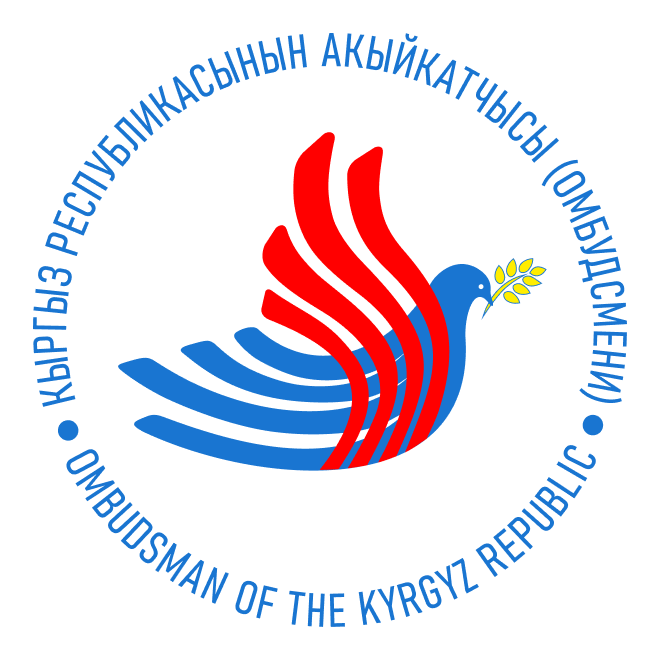Torture
The Kyrgyz Republic imposed a ban on the use of torture. Since July 26, 1996, the country has become a party to the United Nations Convention against Torture and Other Cruel, Inhuman or Degrading Treatment or Punishment (CAT). The Optional Protocol to the Convention against Torture (OPCAT) is an addition to the convention, containing provisions and procedures that complement the convention but are not included in CAT. Kyrgyzstan acceded to the OPCAT on December 29, 2008.
Torture is the intentional infliction of physical or mental suffering on a person, carried out with the aim of obtaining information or a confession from the person or another individual, punishing them for an act they or another person committed or are suspected of committing, intimidating them, or coercing them or another person to perform specific actions, or for any reason based on discrimination of any kind, when such act is committed by a public official or with their instigation or acquiescence, or with the consent of any other person.
Here are five important tips that can help you if you have become a victim of torture, cruel, inhuman, or degrading treatment:
1. Immediately file a statement with the prosecutor's office - the Special Prosecutors Office, submitting a request for a pre-trial investigation under Article 305-1 of the Criminal Code of the Kyrgyz Republic. In the statement, provide the names, titles, and nicknames (if known) of the individuals who subjected you to torture, describe the details of the location where the torture (cruel treatment) took place, specify any witnesses who can confirm your claims, and state the reason (in your view) for the torture being inflicted upon you. The statement can be verbal, in which case a separate protocol is drawn up and signed by the applicant and the official who receives the statement.
2. After filing the statement, it should be immediately registered in the Book of Crime Registration (KUP). If you are deprived of or restricted in your freedom, submit a similar statement to the supervising prosecutor through an attorney or by yourself. The supervising prosecutor regularly visits all closed institutions. Make sure to keep copies of all petitions, complaints, and statements for yourself.
3. Obtain a resolution from a prosecutor assigning a forensic medical examination to document physical injuries and a resolution assigning a forensic psychological examination to assess moral harm and the degree of suffering. After reviewing the conclusions, make sure to request a copy or take a photograph of the report (record the date of the examination, the examination number, and the name of the physician who conducted the examination). If it is not possible to undergo an examination at the forensic medical examination center and you are not in places of detention, you can document bodily injuries by seeking assistance from any medical institution. Specify the authority responsible for causing harm to your health and, if known, provide the names and positions of law enforcement or other officials who caused you physical injuries. Make sure that the reason you provided is recorded by the examining medical professional. Keep the original document for inclusion in the materials of the criminal case upon your request.
4. From the moment your statement is registered in the KUP, a pre-trial investigation begins, which, according to the norms of criminal procedural legislation, "must be completed within a reasonable time, taking into account the complexity of the criminal case."
5. In the event of refusal to accept your statement or the issuance of a resolution to terminate the criminal case, as well as any violations of your rights during the pre-trial investigation, you have the right to file a complaint with a higher-ranking prosecutor or to appeal to the court in accordance with the norms of the Criminal Procedure Code of the Kyrgyz Republic within 15 days from the moment you became aware of the violation of your rights or were handed the resolution to terminate the criminal case. Attach documentary evidence of your injuries (a copy of the statement on torture, medical documents such as a copy of the forensic medical examination report and any other examinations conducted, a copy of the medical history, a copy of the visit to a psychologist, a copy of the medical certificate from the trauma center), copies of written and notarized testimonies of witnesses able to confirm your claims, and your comments regarding the investigation conducted based on your statement to your complaint.
If you, your relatives, friends, or acquaintances have become victims of torture, cruel, inhuman, or degrading treatment, you can contact the Akyikatchy (Ombudsman) Institute of the Kyrgyz Republic.
Address: 120 Tynystanov Street, Bishkek
Phone: 0312 66 32 80, fax: 0312 66 33 32.
